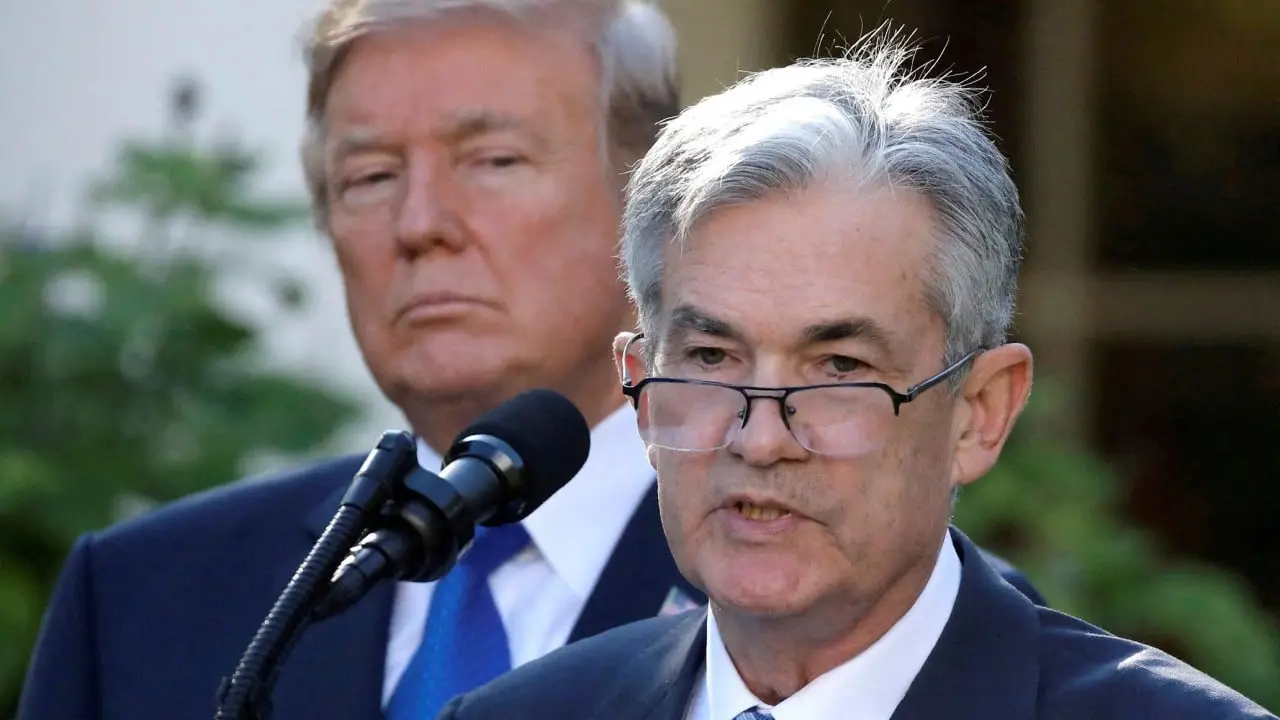Every December, TS Lombard, an economic and financial consultancy, publishes its “bold non-consensus” forecasts for the year ahead. This year, the adviser noted that “it has become increasingly difficult for our readers to discern whether we are joking” and “the distinction between reality and satire is arguably fuzzier than ever before, and there is a very strong possibility that some (or maybe several) of our predictions for 2025 are realised”.
Advertisement
One of TS Lombard’s forecasts is that relations between the US Federal Reserve and the incoming administration of Donald Trump will deteriorate dramatically. It predicts that “the situation reaches a crisis point in August, when the president threatens to ‘call in the army’ and [Fed chair Jerome] Powell unleashes the only force more menacing than the US military – the bond market”.
Such a scenario sounds preposterous, but the unbelievable has become commonplace in the Trump era. His second term does not start for a month, but Trump is already wreaking havoc on global politics. His threat to impose a blanket 25 per cent tariff on all exports from Canada helped precipitate the resignation earlier this month of Chrystia Freeland, the country’s finance minister, triggering a full-blown political crisis.
More worryingly, Trump is putting pressure on Ukraine to quickly accept a peace deal. This could be highly advantageous to Russia, putting European security at greater risk. He has also set his sights on Greenland and the Panama Canal and his new ally and major donor, billionaire Elon Musk, has waded into Germany’s election campaign, expressing support for the far-right Alternative for Germany party.
Not only does Trump want to disrupt US foreign policy, he also believes he has a strong mandate to overhaul the main pillars of the economy. US stock markets have taken comfort from the prospect of deregulation and tax cuts in a second Trump term. Optimism about Trump’s plans to put an end to the tough government scrutiny of the technology sector, especially cryptocurrencies, caused the price of bitcoin to surpass US$100,000 earlier this month.
Bond markets, on the other hand, have responded to Trump’s return to the White House with a sense of foreboding. Since mid-September, when prediction markets began to shift in favour of a Trump victory, the yield on the benchmark 10-year US Treasury bond, which moves inversely to its price, has risen by nearly a percentage point.
Advertisement

